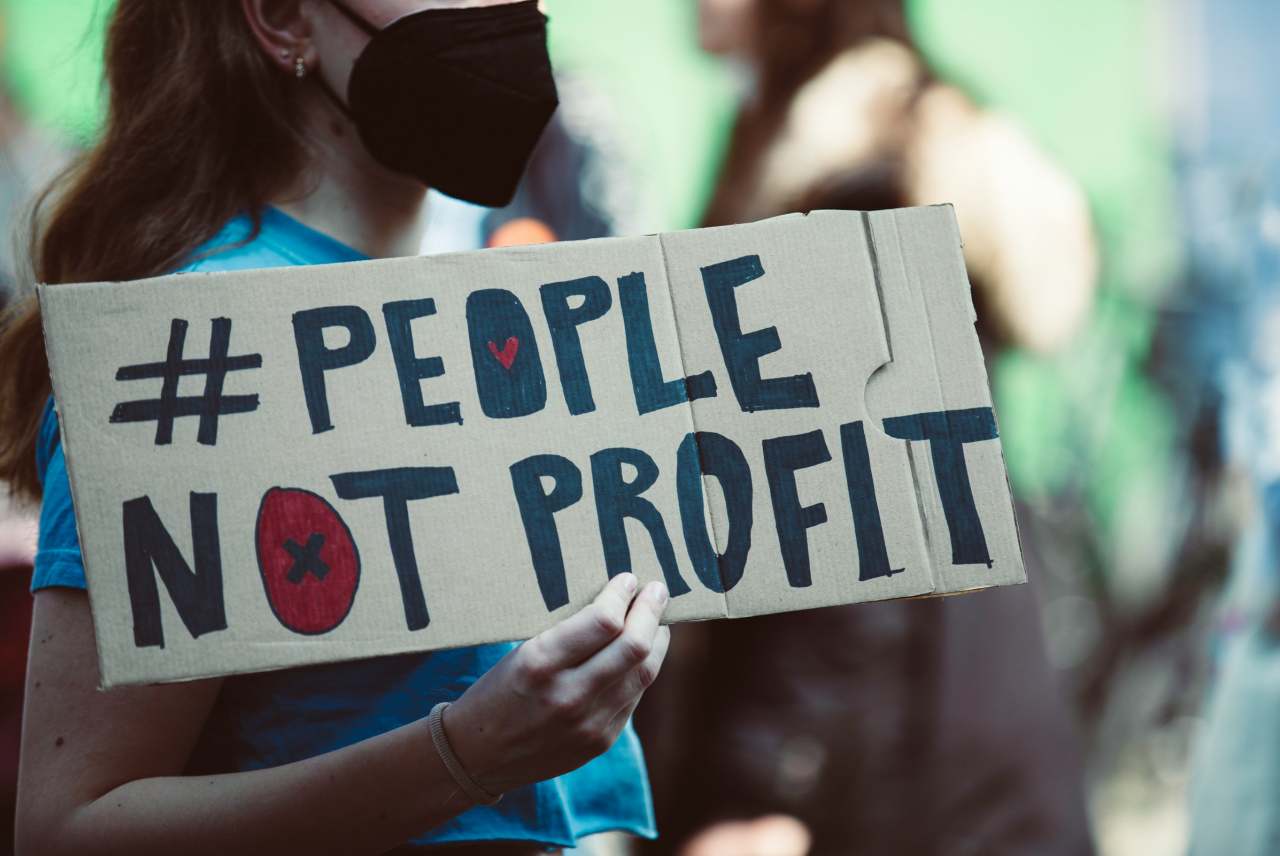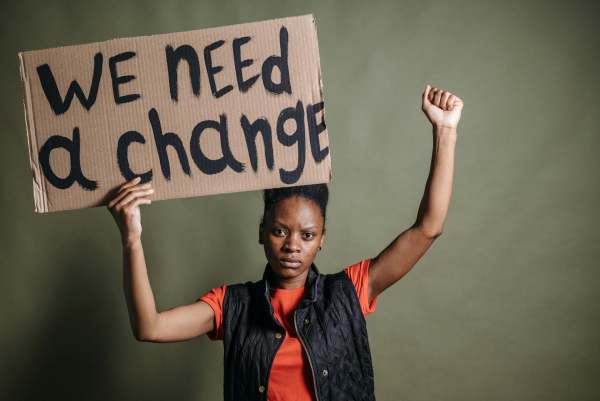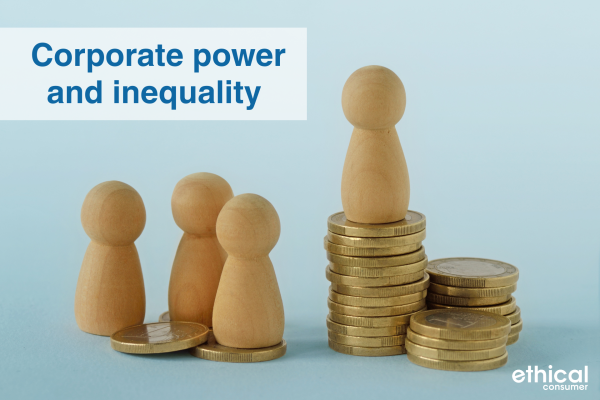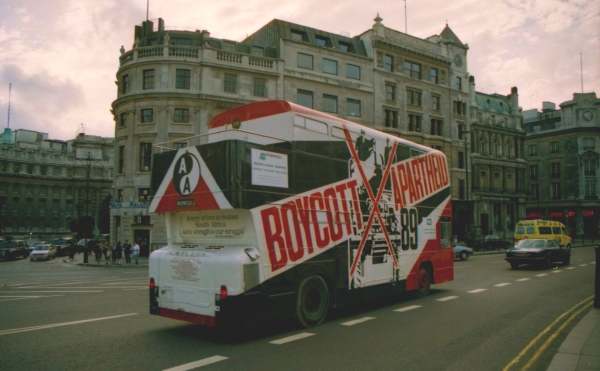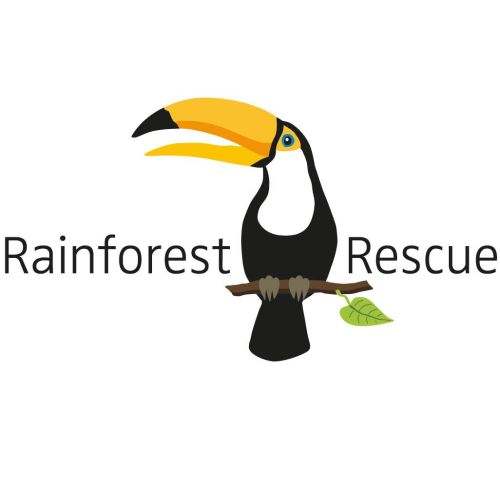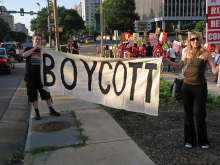Our new challenging corporate power series will explore options, generate discussion and consider how consumers can use their influence to help bring about change.
It is now 36 years since we set off on our mission to "help consumers shop ethically and to challenge corporate power".
And the success of the vision to normalise the discussion of ethics in consumer products everywhere has surpassed all our expectations.
Challenging corporate power
However, if you view the new US president as largely a mouthpiece for giant oil and tech multinationals, the idea that, in early 2025, corporate power is being successfully challenged by us or indeed anyone else right now seems laughable.
To make matters worse, this latest wave of anti-ethical political behaviour is occurring at a time when people and the planet are crying out for fundamental change of a different nature.
In addition, as we have learnt through our Climate Gap work and at our sold-out de-growth conference in London in 2024, there is growing support for moving away from the capitalism promoted by corporations, with its requirement for perpetual economic growth, that is causing rather than fixing many of the core problems we face.
When we were founded we identified corporate power and the pursuit of profit as lying at the heart of many of these problems. We noted that many corporations had grown to become more powerful than the governments that were meant to be regulating them. We also noted that our democracies were failing because they had been "captured" by corporations pursuing their own economic self-interest.
In the same breath, we were always careful to point out that "consumer action is not a replacement for other forms of political action but is an important additional way for people to exert influence."
However, the political situation right now feels alarming and in rapid flux.
Researching and talking about corporations is our specialist subject, so we are returning to our roots to look at other ways of challenging corporate power.
